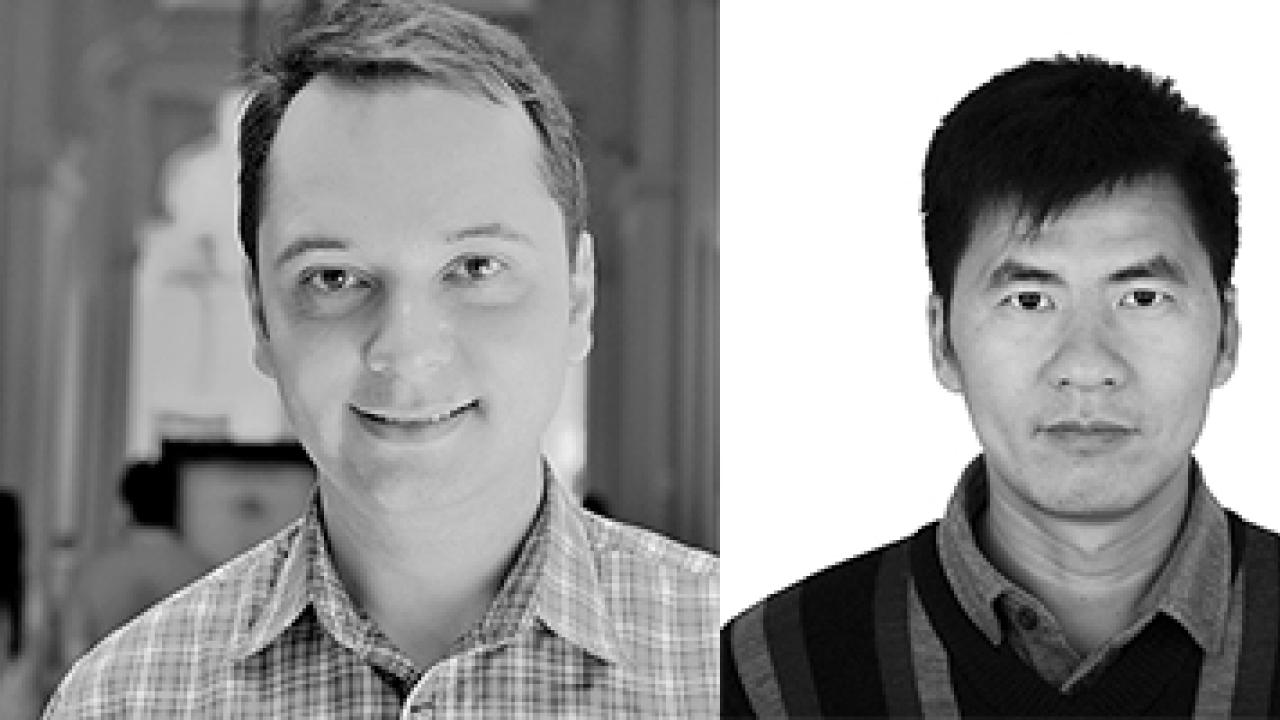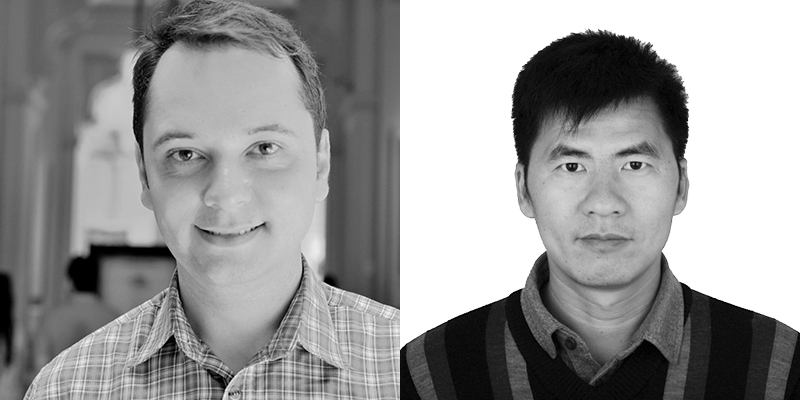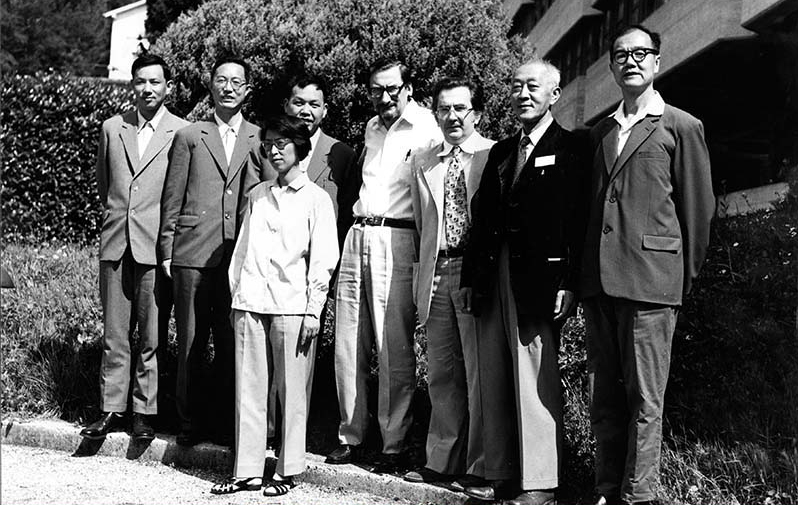
The two recipients of the 2018 ICTP Prize will be honoured at a ceremony to be held on Wednesday 9 January 2019 at ICTP. The event will take place in ICTP's Budinich Lecture Hall and starts at 16:30. It also will be livestreamed.
Luis E.F. Foà Torres of the University of Chile, Santiago, Chile, and Hongjun Xiang of Fudan University, Shanghai, China shared the 2018 prize for their independent contributions to the theoretical advancement of condensed matter physics of modern solid-state materials, including low dimensional and nanoscale systems.
Theory work by Luis Foà Torres contributed importantly to our understanding of topological insulators, graphene and two-dimensional materials and nanotubes, including quantum transport and optoelectronics.
Hongjun Xiang developed first-principles-based computational methods addressing a vast variety of problems, including low-dimensional materials and multiferroics, where his approach has become standard in the field.
 |
| ICTP Prize 2018 recipients Luis Foà Torres and Hongju Xiang |
The groups of Foà Torres in Chile and Xiang in China constitute local centres of excellence whose research and collaboration activities launch students and postdocs into the widest international context.
The ICTP Prize ceremony takes place during the 19th International Workshop on Computational Physics and Material Science: Total Energy and Force Methods.
Created in 1982, the ICTP Prize recognizes young scientists (under 40) from developing countries who work and live in those countries and who have made outstanding and original contributions to physics. The prize includes a sculpture, certificate and a cash award. For further details, see the ICTP Prize webpage.
Each year, the ICTP Prize is given in honor of a scientist who has made outstanding contributions to the field in which the prize is given. The 2018 ICTP Prize is given in honour of Kun Huang (1919-2005), the renowned theoretical physicist who is a father of condensed matter and semiconductor physics in China. Huang had been a student of Nevill Mott at Bristol University and a postdoc of Nobel Laureate Max Born at Liverpool University before returning to China in 1951.
 |
| Kun Huang (second from right) at ICTP in 1979 |
His many contributions include the concept of polariton, Huang scattering of X-ray, the Huang-Rys factor used in electron-phonon interactions and the Huang-Zhu model for the same interaction in quantum wells and superlattices. He co-authored with Max Born the classic treatise on phonons in crystals, Dynamical Theory of Crystal Lattices (Oxford University Press 1954, 1969, 1985). Of particular relevance to ICTP’s mission, Huang personally led a 12-person 'ice-breaking' delegation of Chinese theoretical physicists to ICTP in 1979, a visit that opened the way for wide-ranging exchanges between China and the Centre in the years that followed.
















